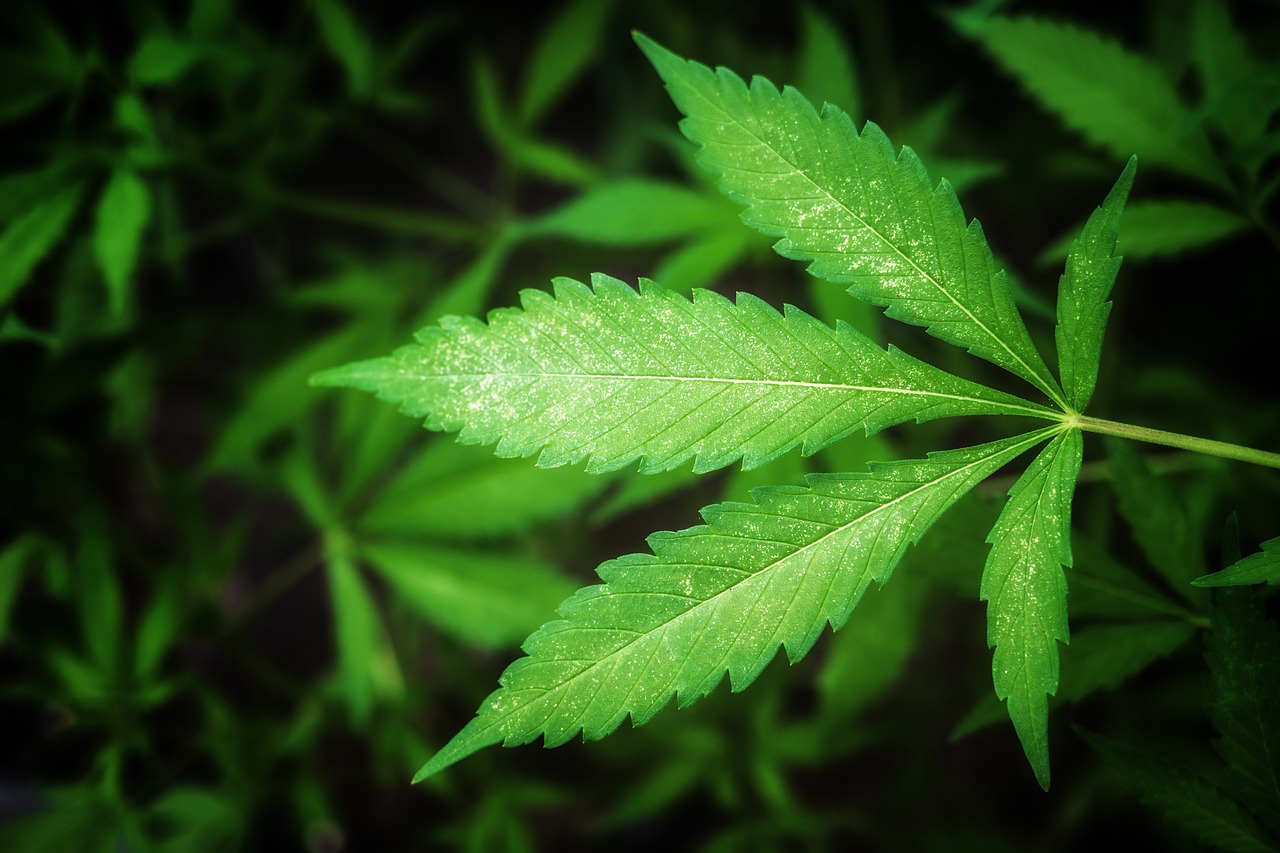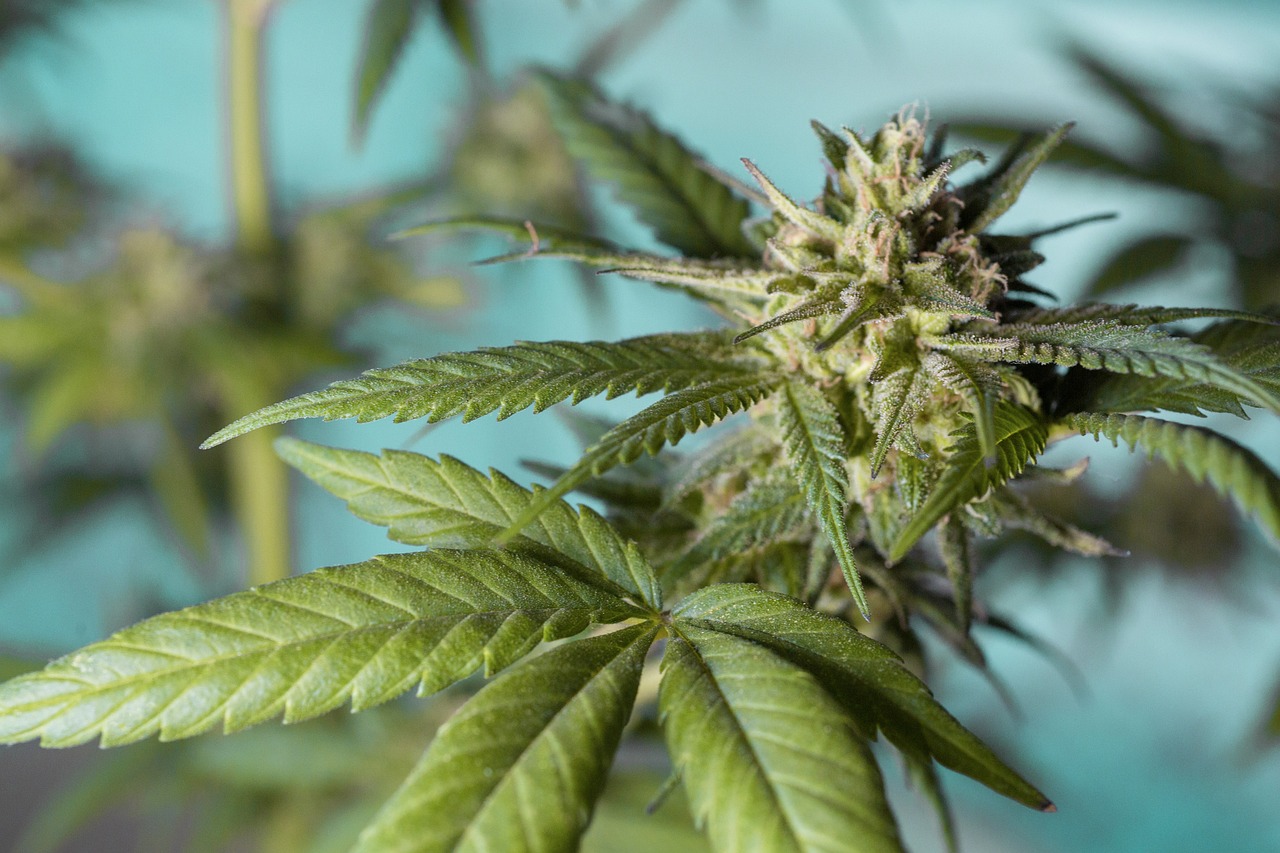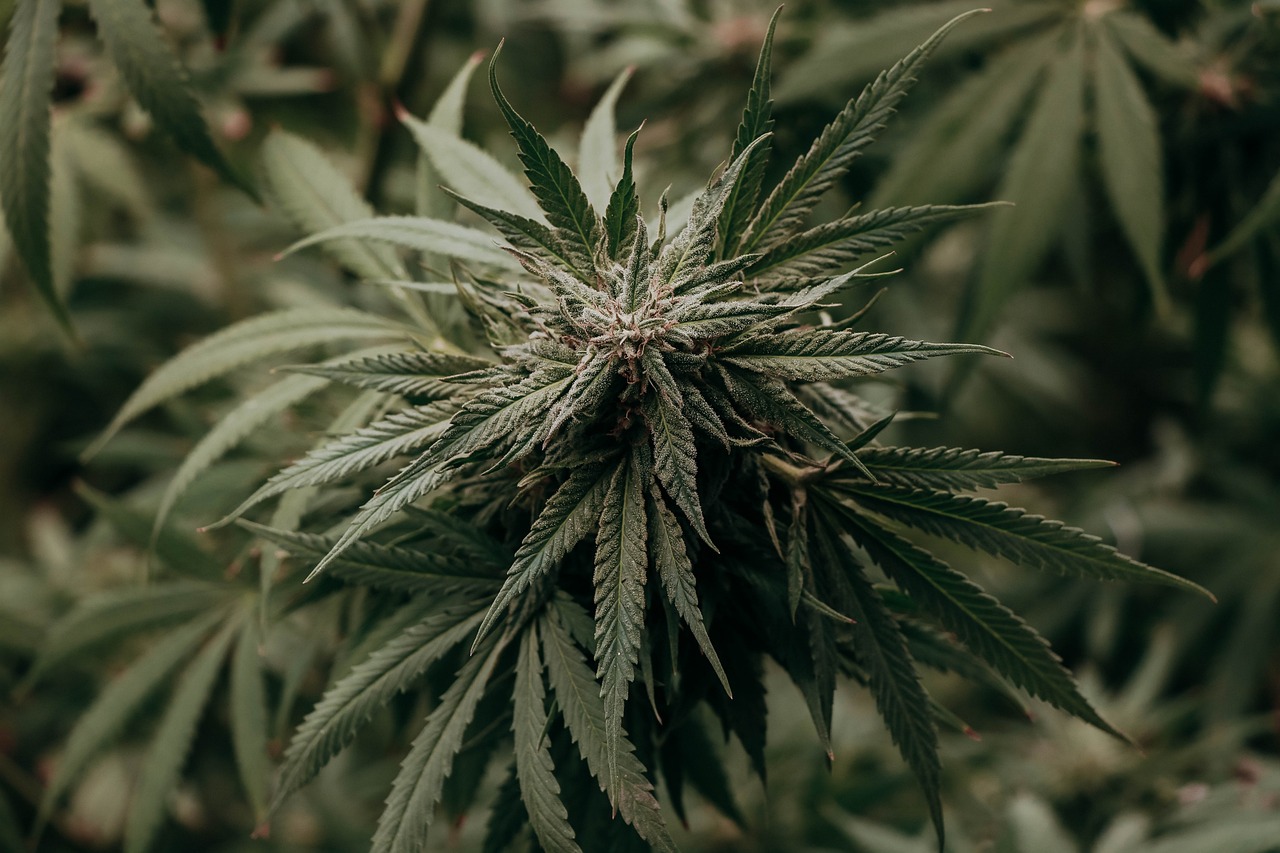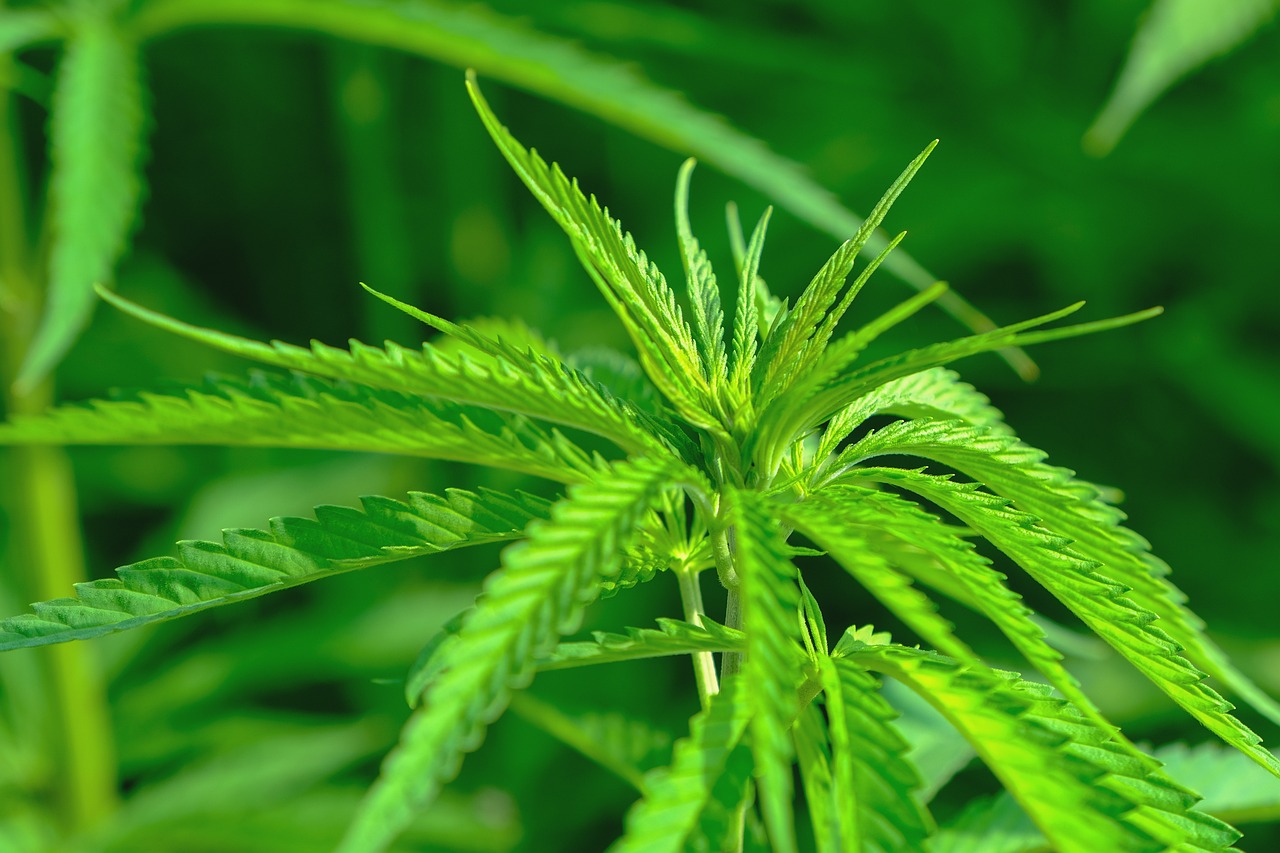In recent years, the interest in cannabis and its derivatives has surged, with many individuals exploring its potential benefits for wellness. One compound that has gained attention is THCA, or tetrahydrocannabinolic acid. Unlike THC, THCA is non-psychoactive, making it an appealing option for those seeking therapeutic effects without the high. This article explores how to use THCA flower for wellness is very beneficial to everyone try it in indacloud, providing insights into its benefits, methods of consumption, and potential applications.
Understanding THCA: What Is It?
THCA is a cannabinoid found in raw and live cannabis plants. It is the precursor to THC, the compound responsible for the psychoactive effects of cannabis. When cannabis is heated through smoking, vaping, or cooking, THCA converts to THC. However, when consumed in its raw form, THCA does not produce a high, allowing users to experience its potential benefits without psychoactive effects.
Potential Benefits of THCA
Research into THCA is still in its early stages, but preliminary studies and anecdotal evidence suggest several potential benefits:
- Anti-inflammatory Properties: THCA may help reduce inflammation, making it a potential option for those with conditions like arthritis or inflammatory bowel disease.
- Neuroprotective Effects: Some studies indicate that THCA might have neuroprotective properties, which could be beneficial for neurodegenerative diseases.
- Anti-emetic Effects: THCA may help alleviate nausea and vomiting, which can be particularly useful for individuals undergoing chemotherapy.
- Appetite Stimulation: Like THC, THCA might stimulate appetite, offering potential benefits for those with appetite loss due to medical conditions.
Methods of Consuming THCA Flower
There are several ways to consume THCA flower to harness its potential benefits:
Raw Consumption
One of the simplest methods is consuming the flower raw. This can be done by adding it to smoothies or salads. Consuming raw cannabis preserves the THCA content, allowing users to benefit from its properties without converting it to THC.
Juicing
Juicing cannabis leaves and flowers is another popular method. This process involves blending the raw plant material with fruits or vegetables to create a nutrient-rich beverage. Juicing retains the THCA content and provides a convenient way to incorporate it into a daily routine.
Tinctures
Tinctures are liquid extracts made by soaking cannabis flowers in alcohol or another solvent. They offer a concentrated form of THCA that can be taken sublingually (under the tongue) for quick absorption. Tinctures provide a discreet and precise way to consume THCA.
Topicals
THCA-infused topicals, such as creams or balms, can be applied directly to the skin. This method is particularly useful for targeting localized pain or inflammation without systemic effects.
Case Studies and Research
While comprehensive clinical trials are limited, several case studies and research efforts highlight the potential of THCA:
- A study published in the British Journal of Pharmacology found that THCA exhibited anti-inflammatory properties in animal models, suggesting its potential for treating inflammatory conditions.
- Anecdotal reports from patients with epilepsy have indicated that THCA may help reduce seizure frequency, although more research is needed to confirm these findings.
- Research conducted by the University of Guelph in Canada explored the neuroprotective effects of THCA, showing promise for its use in neurodegenerative diseases.
Considerations for Using THCA Flower
When incorporating THCA flower into a wellness routine, several factors should be taken into account:
- Quality and Source: Choose high-quality, lab-tested products from reputable sources to ensure safety and efficacy.
- Dosage: Start with a low dose and gradually increase as needed. Individual responses to cannabinoids can vary, so finding the right dosage is important.
- Consultation with Healthcare Professionals: Before starting any new supplement or treatment, consult with a healthcare professional, especially if you have underlying health conditions or are taking other medications.
Conclusion
THCA flower offers a promising avenue for those seeking wellness benefits from cannabis without the psychoactive effects of THC. With its potential anti-inflammatory, neuroprotective, and anti-emetic properties, THCA presents a versatile option for various health concerns. By exploring different consumption methods and considering individual needs, users can effectively incorporate THCA into their wellness routines. As research continues to evolve, the understanding of THCA’s benefits and applications will likely expand, offering new opportunities for those interested in cannabis-based wellness solutions.



